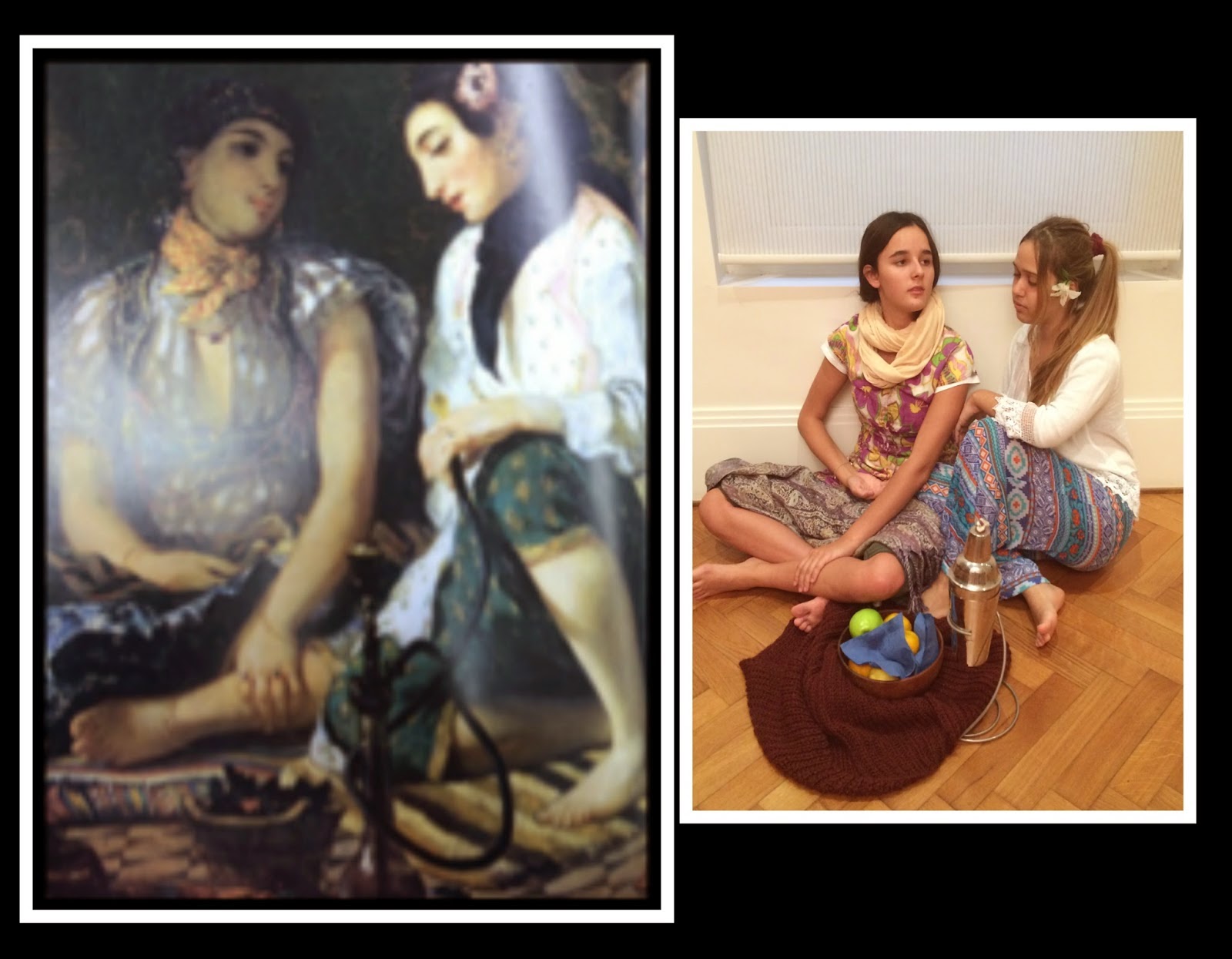Short poem with one speaker, who expresses thoughs/state of mind, feelings and perceptions. The mood is musical and emotional, and it makes its impact in a very brief space.
Melancholy
Melancholy is beyond sad: as a noun or an adjective, it's a word for the gloomiest of spirits.
Being melancholy means that you're overcome in sorrow, wrapped up in sorrowful thoughts. The word started off as a noun for deep sadness, from a rather disgusting source. Back in medieval times, people thought that secretions of the body called "humors" determined their feelings, so a depressed person was thought to have too much of the humor known as melancholy — literally "black bile" secreted from the spleen. Fortunately, we no longer think we're ruled by our spleens, and that black bile has been replaced by another color of sorrow: the "blues."
http://www.vocabulary.com/dictionary/melancholy
Notes on the poem
- "And feed deep, deep upon her peerless eyes." Repetition + Assonance (Repetition of vocal sounds) + Sibilance (Repetition of 's' sound): Draws attention to the poem so the reader feels "deep" about what we're reading.
- "And joy, whose hands is ever at his lip", whenever we experience joy/pleasure you know its not going to last, its going to fade.
- "aching Pleasure" Oxymoron
- Ancient greek myths = Connected to nature (Proserpine)
- First stanza = Mentions to nature ("ruby grape" "beetle" "yew-berries" "downy owl")
- "Sudden from heaven like a weeping cloud" = How melancholy appears suddenly, unexpected, as rain (Weeping cloud). Mention to nature.
Task 4
 |
"No, no, go not to Lethe, neither twist
Wolf's-bane, tight-rooted, for its poisonous wine"
We chose this picture as firstly, it shows the physical appearance of the Wolf's-bane, and it also highlights its poisonous aspect, portraying deadliness (In contrast to the actual beauty of the flower). The image also highlights certain places playing with the shadows and light, leaving the flower dark (Relating to the darkness=evil, death).
 |
| "Make not your rosary of yew-berries," |

The image on the right shows a landscape in which there is a storm and it is raining. This highlights the metaphor in the poem about the rain and sky. Melancholy is unexpected, just like rain and is presente through nature.
"And feed deep, deep upon her peerless eyes."
This image is a direct portrayal of the "peerless eyes". Keats' makes use of repetition of the word 'deep' to highligh this idea, and the eyes on the picture give an impression of deepness. The use of assonance and sibilance help to draw the attention to the reader, the same way these eyes capture our attention.
"She dwells with Beauty—Beauty that must die;
And Joy, whose hand is ever at his lips
Bidding adieu; and aching Pleasure nigh,"
This picture represents the "aching pleasure", as the woman is 'throwing up' love. It is a portrayal of the oxymoron as two opposite terms are joined. In this case, the oxymoron expresses that even though you are happy, you will eventually be sad as melancholy makes it's way to us, and joy is only temporary.
"Turning to poison while the bee-mouth sips:"
The image on the right shows a bee sipping the pollem of a flower. The bees make honey which is really sweet but they can also sting which can ache. In some way this can show how the speaker enjoys melancholy.



.jpeg)
.jpeg)
.jpeg)
.jpeg)
.jpeg)

.jpeg)











